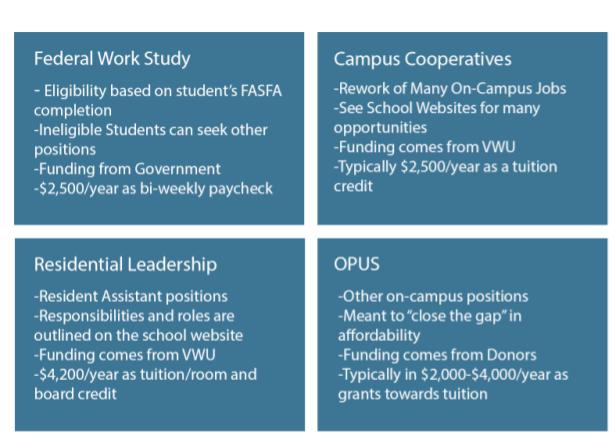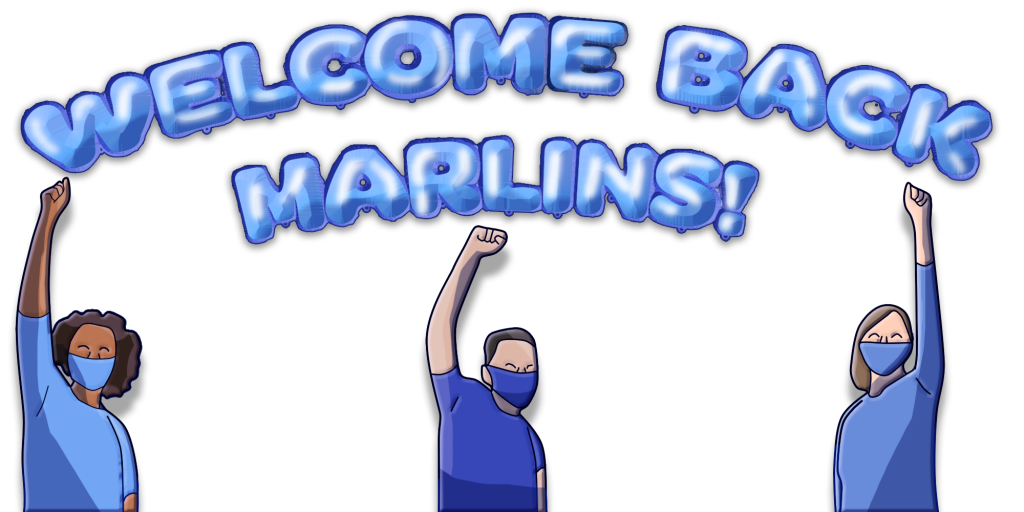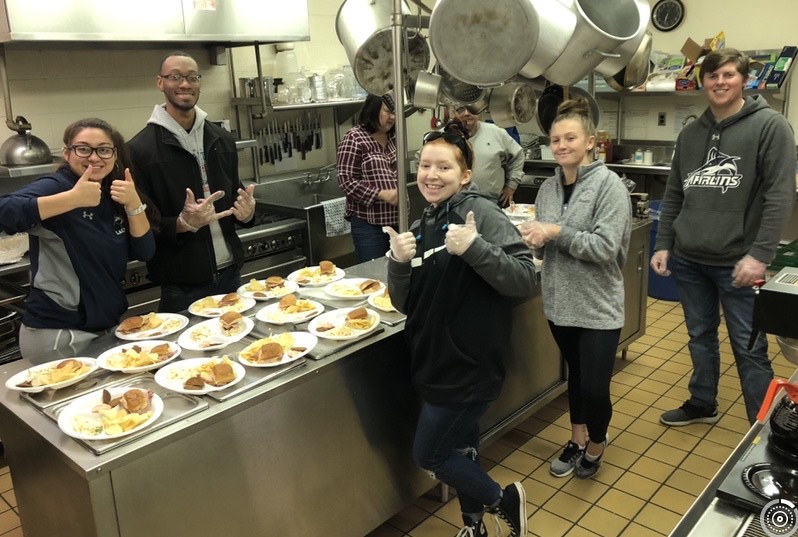At the beginning of this school year, Virginia Wesleyan students were introduced to the Work and Learn Program. On-campus jobs were sorted into four sections: Federal Work Study, Campus Cooperative, Opus and Residential Leadership.
Jason Seward, associate vice president for Campus Life and Operational Management, explained that although this program was introduced during this difficult semester, COVID-19 did not impact the decision to change the program. Seward described the new program as a complete “rebrand” of the previous program, and that it will be here to stay.
During this interview, Seward also talked about a potential fifth pillar that might come to the program, Community Cooperatives, which would work with local businesses and organizations employing Virginia Wesleyan Students.
Unlike the previous program, Campus Cooperative positions are no longer paid in a bi-weekly check of $7.25 an hour, but are instead given a $2,500 tuition grant to use for their financial needs. The goal of this program was to “make higher education more affordable,” Seward said. He also informally gathered through personal conversations with students that “they worked on campus to make their education more affordable and needed money to go towards tuition,” however, this has not been supported by any quantitative data.
In this new program, students are required to work 10 hours a week, as it allows students to earn a reasonable amount while also not overwhelming their schedules. With this addition to the program, Seward hoped that students would not overextend their schedules, and could possibly search for other off-campus opportunities.
Even though the program’s jobs average at about 10 hours a week, other positions such as Enrollment and Batten Supervisors work more than this. Those who work more than 10 hours, are expected to then take less hours in other weeks. Other positions might work less than 10 hours, which is then reflected in their compensation.
The new program also helps to eliminate “double-dipping,” where students could hold multiple jobs across campus. By removing this practice, more jobs are available to all students across campus. According to the Campus Life office, approximately 40% of Virginia Wesleyan’s traditional undergraduate students work on-campus, in some capacity, through the Work and Learn program.
“We want students to find the right fit … we want students who are dedicated and committed to the responsibility that an on-campus job requires,” Seward said.
The goal of the Work and Learn program is to provide students with a meaningful on-campus work experience, while also offering students flexibility in their hours and pay. So far, the Work and Learn program has been met with “great positivity” according to Seward.



